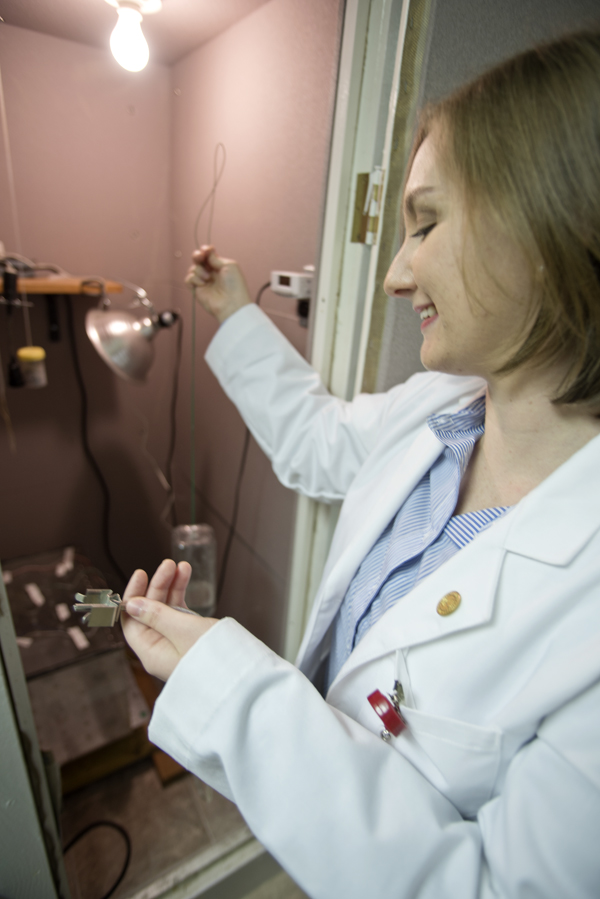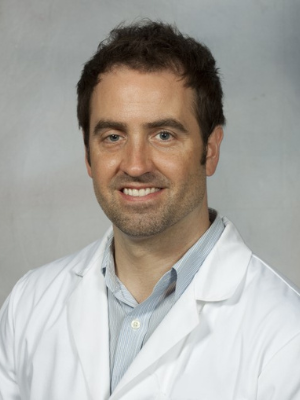- SOM
- Departments and Offices
- SOM Departments
- Psychiatry and Human Behavior
- Research and Scholarship
- Medical Student and Resident Research
Medical Student and Resident Research
- Department of Psychiatry and Human Behavior
- Welcome from Our Chair
-
Educational Programs
- Psychiatry and Human Behavior Educational Programs Home
- Current Residents
- Medical Students
- Psychiatry Training Programs
- Psychology Internship Training Program
- Program in Psychotherapy
- Affiliations, Centers, Divisions and Research
-
Faculty and Staff
- Psychiatry and Human Behavior Faculty Home
- Leadership
- Secondary Faculty
- Affiliate Faculty
- Emeritus Faculty
- Adult Psychiatry Faculty and Staff
- Child and Adolescent Psychiatry Faculty and Staff
- Neurobiology and Behavior Research Faculty
- Psychology Faculty
- Sleep Medicine Faculty
- Administrative Staff
- Advanced Practice Providers
- Research and Scholarship
- Support the Department of Psychiatry and Human Behavior
- Locations and Directions
Office of Medical Student and Resident Research
 The National Institutes of Health (NIH) has made the rapid translation of biomedical "bench" research into clinically-applied treatments a priority and this pipeline will require high levels of scientific literacy in our future physicians. Incorporating research experience into the training of clinicians is a critical part of this endeavor. The Department of Psychiatry and Human Behavior offers in-depth training in translational psychiatric research to medical students interested in neurobehavioral research and residents interested in incorporating research into their career plans. Understanding the science of mental illness requires an integrative study of biology, behavior, affect and cognition, making psychiatry one of the most challenging but interesting fields of study in medical science. The Department of Psychiatry and Human Behavior has a long tradition of excellence in both basic and clinical research. Currently, our collective research programs are supported by numerous NIH grants in addition to funding from the DoD and SAMHSA. Our varied areas of translational research, ranging from the molecular biology of depression and drug addiction to clinical investigations of emotion processing, PTSD and suicide, provide the eclectic training environment needed to equip future clinicians with cutting-edge expertise on the science of mental illness.
The National Institutes of Health (NIH) has made the rapid translation of biomedical "bench" research into clinically-applied treatments a priority and this pipeline will require high levels of scientific literacy in our future physicians. Incorporating research experience into the training of clinicians is a critical part of this endeavor. The Department of Psychiatry and Human Behavior offers in-depth training in translational psychiatric research to medical students interested in neurobehavioral research and residents interested in incorporating research into their career plans. Understanding the science of mental illness requires an integrative study of biology, behavior, affect and cognition, making psychiatry one of the most challenging but interesting fields of study in medical science. The Department of Psychiatry and Human Behavior has a long tradition of excellence in both basic and clinical research. Currently, our collective research programs are supported by numerous NIH grants in addition to funding from the DoD and SAMHSA. Our varied areas of translational research, ranging from the molecular biology of depression and drug addiction to clinical investigations of emotion processing, PTSD and suicide, provide the eclectic training environment needed to equip future clinicians with cutting-edge expertise on the science of mental illness.
Medical student research
The department participates in UMMC’s Medical Student Research Program (MSRP), which offers competitive research internships for M1s for the summer following the first year of medical school. Students looking for research opportunities outside of the MSRP may also engage in volunteer research in the department. In addition to structured research, students also have the option of being paired with researchers or clinicians to engage in mentored scholarship and literature review.
Resident research
The residency training program in the department offers trainees a number of options for research experience, both basic and clinical. At the outset of training, residents interested in research will be paired with a research mentor based on scientific interest. The resident and mentor will establish a training plan in which the resident will engage in some level of laboratory or clinical research throughout the duration of the residency-training period. The resident will gain experience in the planning, execution and management of research and will receive training in grant writing and management. While some may elect to incorporate research into their professional careers, the chief objective of the program is to endow residents with a high degree of research literacy to prepare them for collaborative or leadership positions in academia or industry where research is a major component of the mission.
Identifying potential research mentors

The Office of Medical Student and Resident Research is directed by Dr. Kevin Freeman, who serves as a liaison between trainees interested in research and potential mentors in the department. Medical students or residents who are interested in conducting research in the department should contact Doris Whittington to schedule a meeting with Dr. Freeman. Dr. Freeman will then match the scientific interests of trainees with appropriate mentors.


